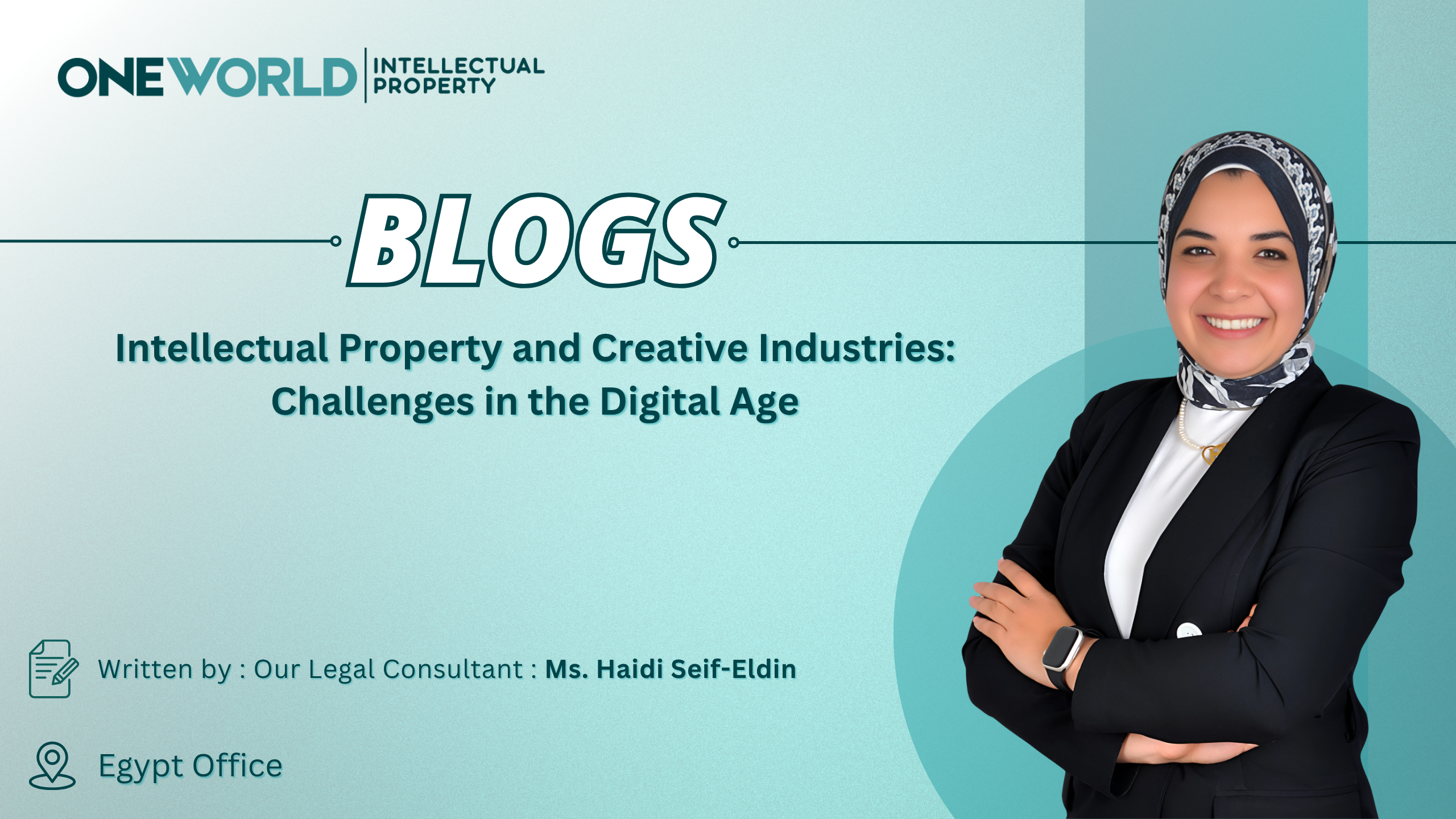
Intellectual Property and Creative Industries: Challenges in the Digital Age
Today, the digital world is changing how people create, share, and protect their ideas and work. This has made it harder for artists, musicians, and other creators to keep their rights safe. With so many websites and digital tools, it’s now easy for people to copy and share creative work without permission.
Still, there are new tools and ideas that help protect these rights. These include using technology, updating laws, and working together to find solutions. One big issue is that many online platforms allow people to share music, movies, and other content illegally. This hurts the people who created the work by causing them to lose money and control over their own creations.
How Digital Technology Affects Creative Industries
Digital platforms like YouTube, Spotify, and TikTok have made it easier for creators to share their work with people all over the world. This is great for creativity, and many independent artists are now getting noticed.
However, these same tools also make it easier for others to steal or use creative work without permission. This is called piracy and it is a big problem for people who make music, films, games, and other content.
The Role of Intellectual Property in Creative Industries
Creative content is one of the most valuable assets in today’s knowledge-based economy. Musicians, filmmakers, game developers, and streaming platforms invest significant time and resources in producing original works. Intellectual property (IP) laws, particularly copyright, provide the legal framework that grants creators exclusive rights to their work. This allows them to monetize their creations and maintain control over how their works are used and distributed.
Emerging Technologies and IP Challenges
The rise of artificial intelligence (AI) presents unique challenges for intellectual property (IP) law. AI can create music, art, and literature, raising questions about authorship and ownership. When an AI produces a masterpiece, who holds the copyright? Current IP laws struggle to address these issues, necessitating adaptations by policymakers to keep pace with this evolving landscape.
Blockchain and NFTs
Blockchain technology and non-fungible tokens (NFTs) offer potential solutions to some IP challenges. By providing a secure and immutable record of ownership, blockchain helps artists verify their rights and the provenance of their works. However, the rapid rise of NFTs has led to confusion and disputes over copyright, as many individuals mint works without permission from original creators.
The Need for Stronger IP Protections
To navigate the complexities of the digital age, stronger IP protections are essential. Policymakers must consider the following:
- Make IP laws work together globally: Since the internet connects people from all over the world, IP laws should be similar in different countries. This helps creators protect their work everywhere.
- Awareness: Raising awareness about IP rights is crucial for both creators and consumers. Artists need to understand their rights and how to protect them, while consumers must recognize the importance of respecting others’ intellectual property.
- Collaboration Between Stakeholders
Collaboration among technology companies, creative professionals, and policymakers is vital. By working together, these stakeholders can develop innovative solutions that protect IP while fostering creativity and innovation.The digital age presents opportunities and challenges for creative industries. As technology evolves, so too must our approach to intellectual property. By adapting laws, increasing awareness, and fostering collaboration, we can safeguard creators’ rights and ensure a vibrant, thriving creative ecosystem for future generations.
To receive personalized guidance and gain further valuable insights, reach out to OneworldIP via email at: [email protected]
Written by our Legal Consultant: Ms. Haidi Seif-Eldin.



